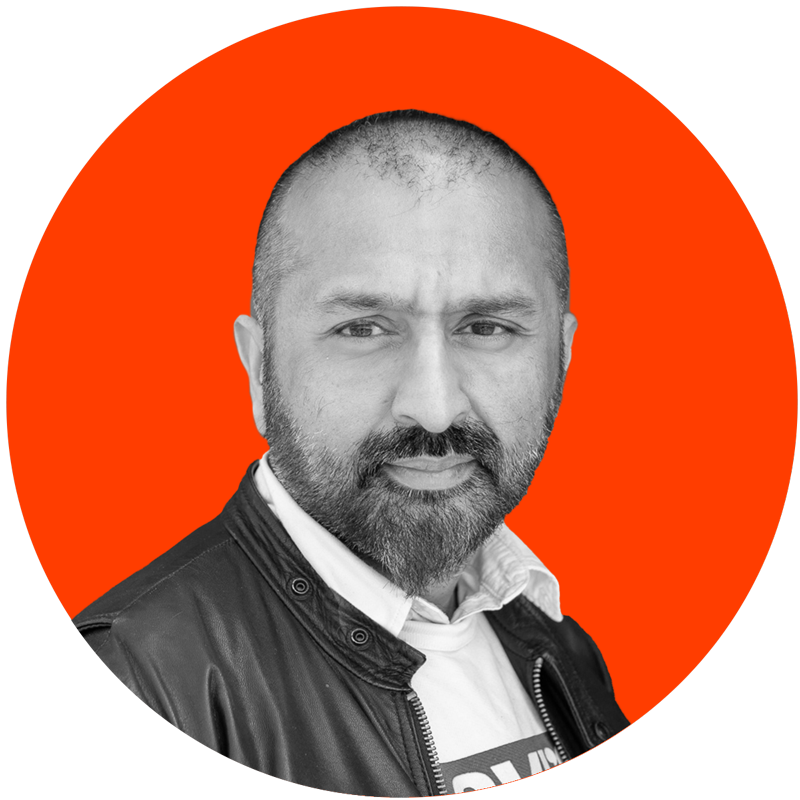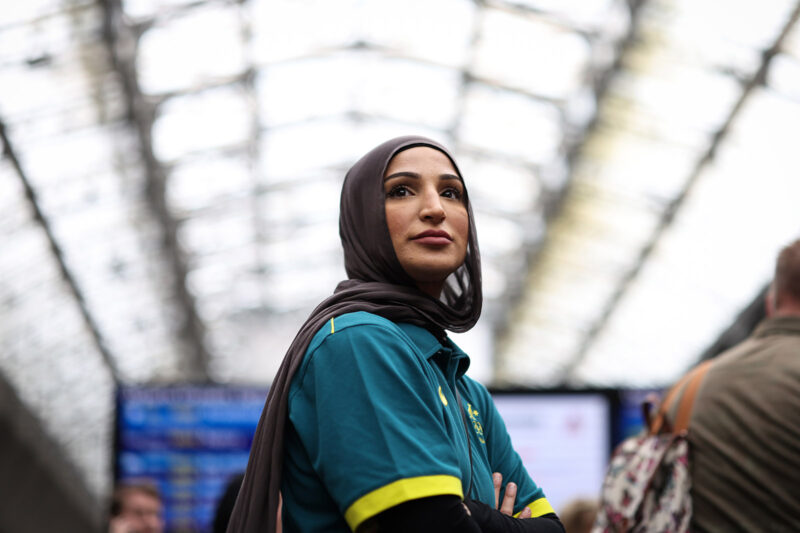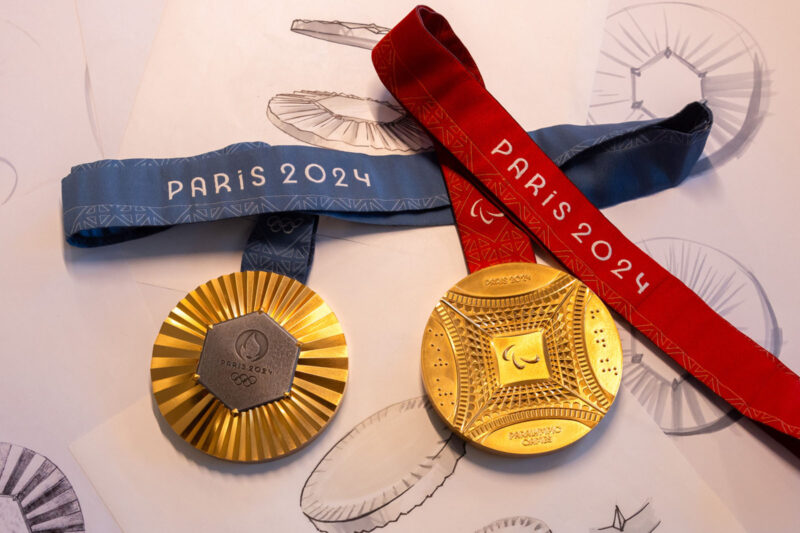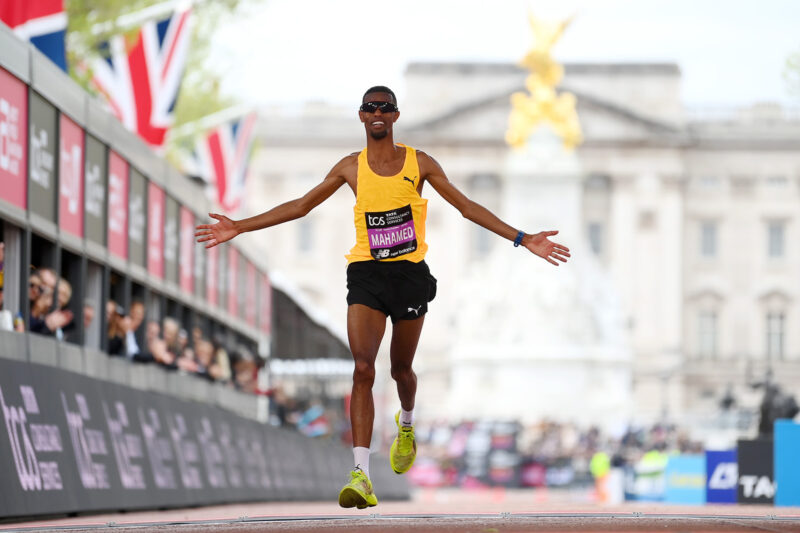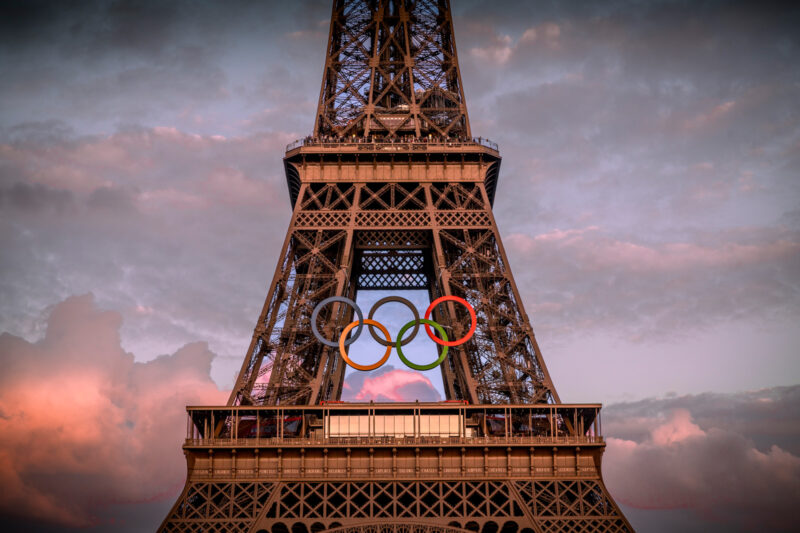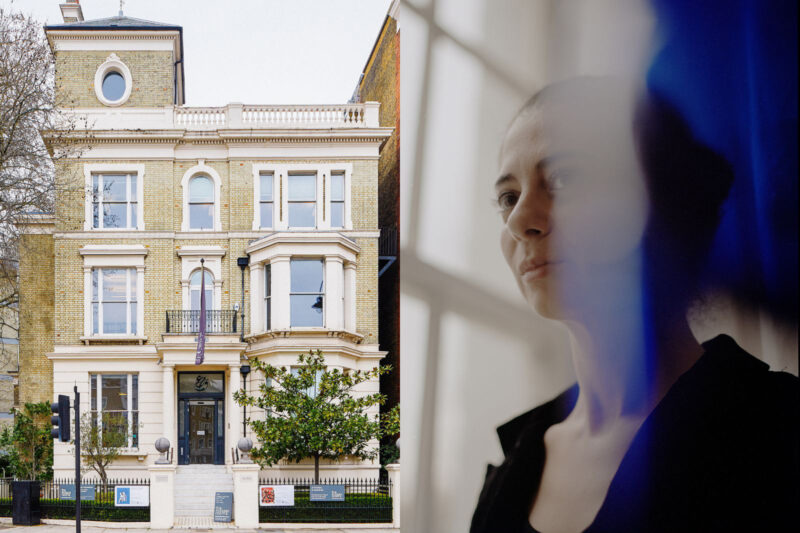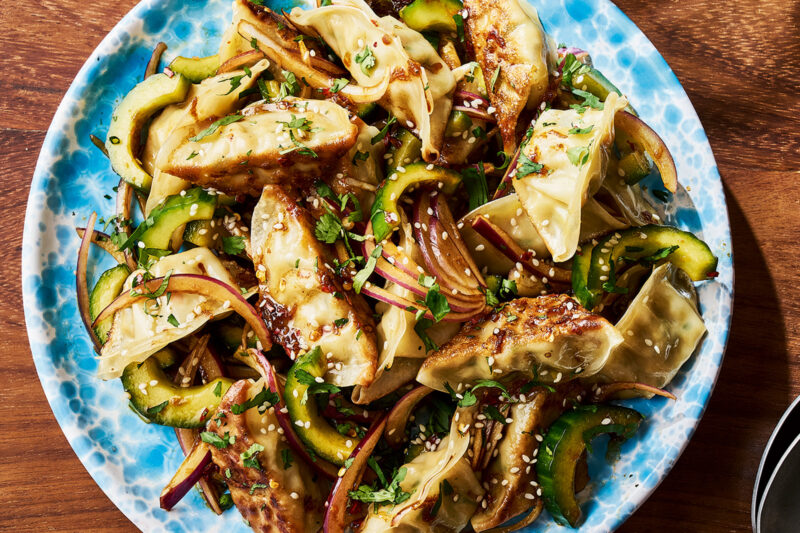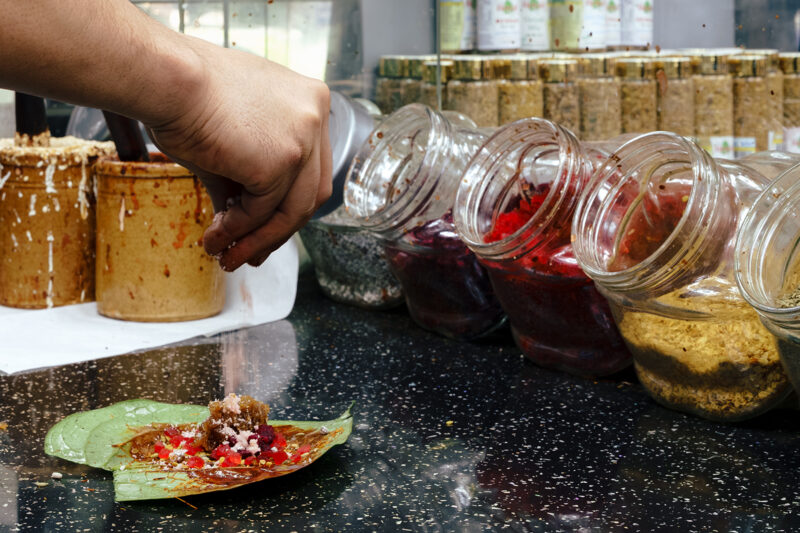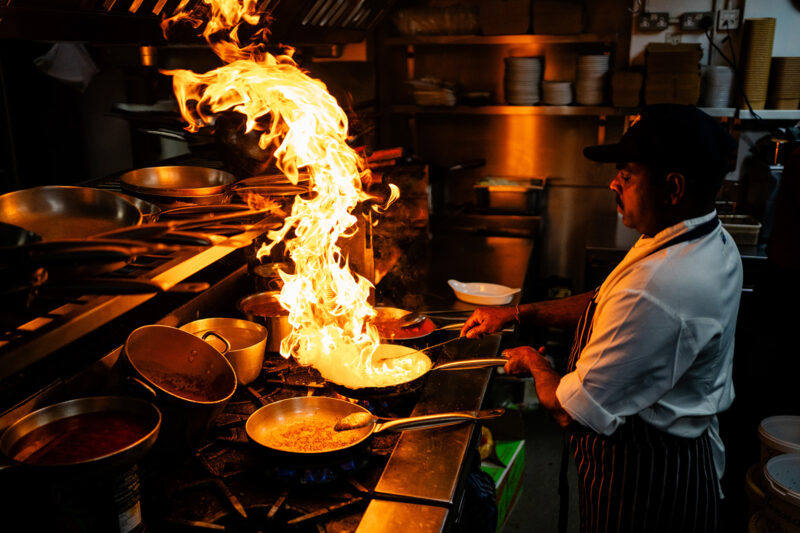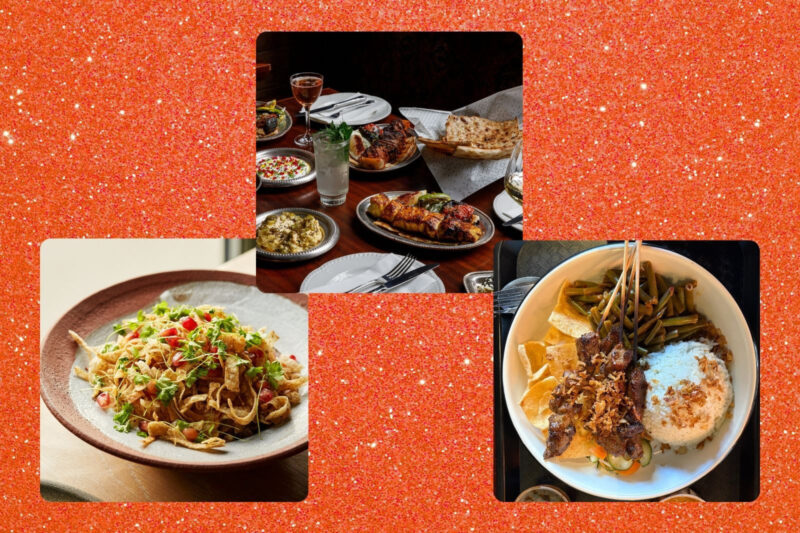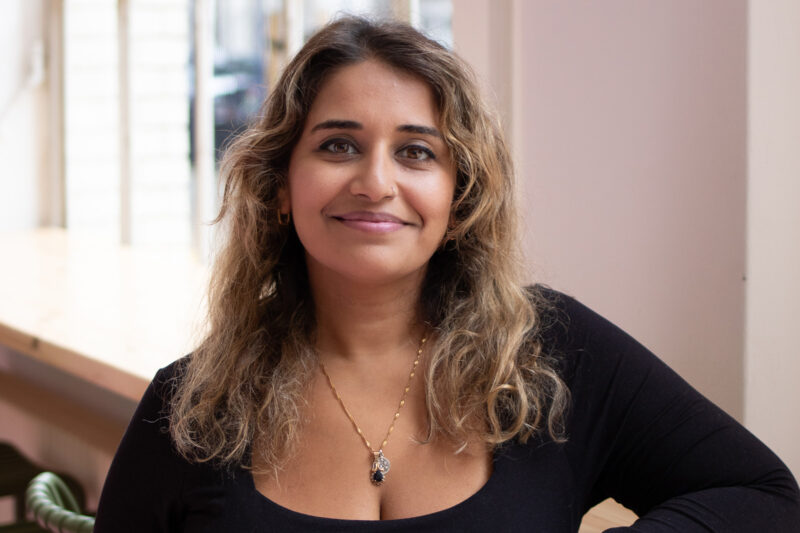Paris 2024 takes Olympic gold for halal food
The games may have ended, but the array of culinary options available to Muslim athletes was a true winner
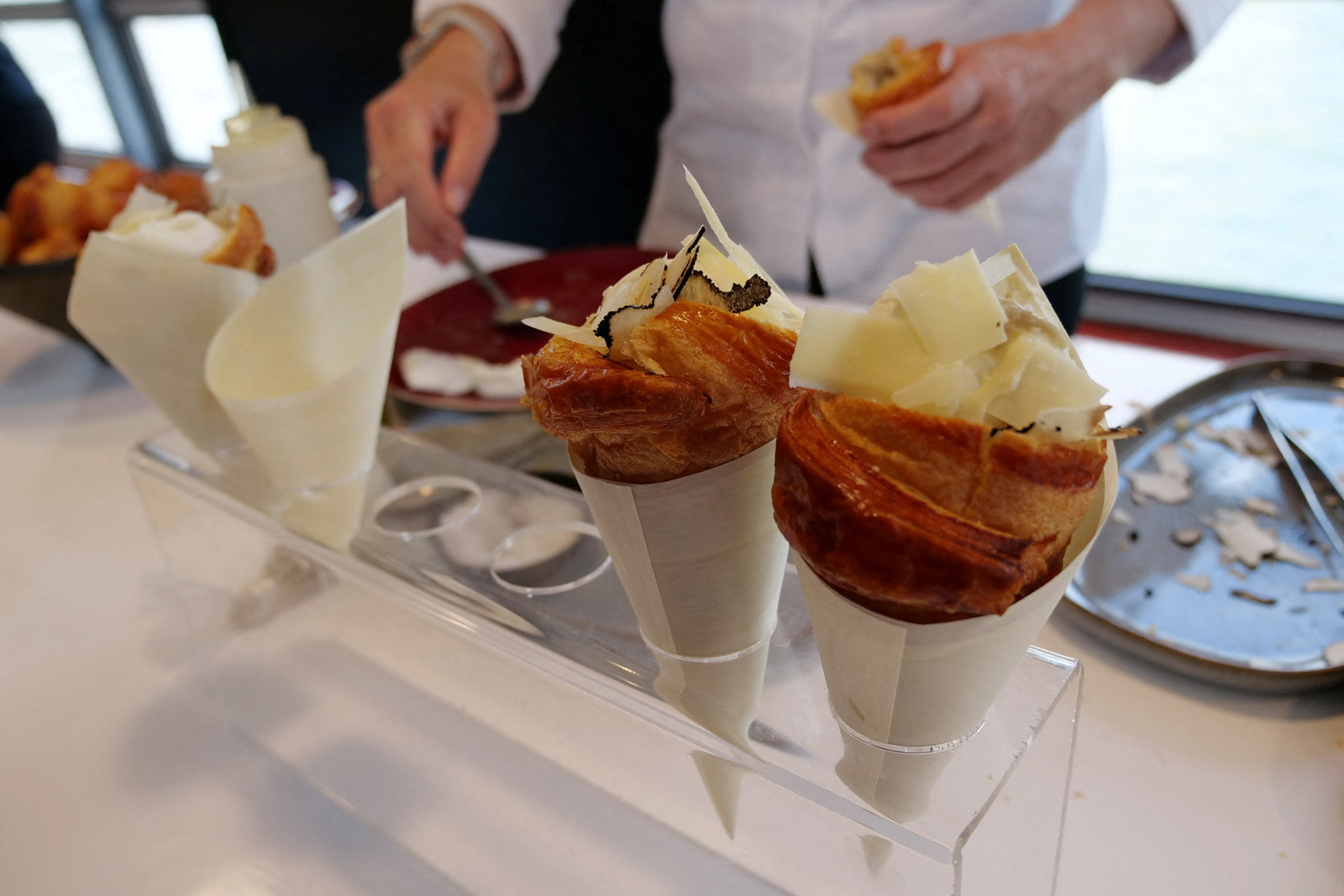
Halal beef sauteed with raisins, chicken tagine with olives, turkey with coconut and curry — these were just a few of the mouth-watering dishes available to Muslim athletes during the Paris 2024 Olympic Games.
While the games have now drawn to a close, their diversity was unprecedented. Over the years, the number of Muslim-majority nations competing in the Olympics has risen from just 11 in the 1960 Rome games to 36 at Paris 2024.
The increase in Muslim participants has also led to a surge in culturally appropriate catering. In Paris, competitors and other official attendees ate in two giant Olympic Village venues that seated 3,800 people in total, according to information supplied by the food services company and Olympic partner Sodexo Live!.
Around 1,000 employees served a total of 40,000 meals a day, from breakfast to dinner. A broad menu met the nutritional needs of all athletes, including halal, gluten-free and lactose-free meals.
Chefs created more than 550 recipes and food was divided into four culinary themes: French, World, Asian and African-Caribbean. Displays provided information on ingredients and their origin and certification.
The catering in Paris was the latest step in a long journey to diversify Olympic Village food. Past Muslim Olympians interviewed say they were delighted with the standard of halal catering at recent games. British rower Mohamed Sbihi is a two-time Olympic medal winner who competed at London 2012, Rio 2016 and Tokyo 2020.
“The Olympics organisers try to cater for as many nations across the world as possible,” he says.
“In Tokyo, there was this huge section that was clearly marked out in Arabic as halal. Muslim athletes that wanted halal food could go to that section. There was also halal food at different stations, so you could get an American burger if you wanted it. London was also fantastic. The organising committee did a great job of putting on as many different cuisines as possible and making food accessible.”
British featherweight boxer Qais Ashfaq competed at the 2016 Olympics in Rio and won a silver medal at the 2014 Commonwealth Games in Glasgow. “My experience in Rio was great because nutrition-wise, they had all the right foods in the Village. They made it easy for all races and minorities to get the right food.”
According to Ronald Maughan, honorary professor at the University of St Andrews School of Medicine, catering to the specific dietary needs of nearly 11,000 athletes, including Muslims, is an enormously complex operation.
He adds that the quality and quantity of Olympic meals also poses a number of hurdles for athletes. Boxers and gymnasts, for example, require different quantities and types of food and usually manage a strict regime of carbohydrates and proteins to maintain their weight. Athletes are also at risk of overeating.
“Imagine if you come from a disadvantaged background, whether in a country where that’s normal, or a wealthy country where some athletes come from disadvantaged backgrounds. Suddenly, you go into the Olympic Village where the five-star catering and quality of food will be superb. The temptation to make the most of what you have is enormous.”
Sbihi says that some halal foods at the Village in Tokyo proved so popular that there was a surge in demand from non-Muslims. “In Japan, it was hilarious because, not to sound stereotypical, you would see a lot of Muslims in the halal section. But then the parathas were so good that all of a sudden you would look around and see large swathes of Team GB athletes going to get them. They were so great that I had them for almost every meal.”
Sustainability was a key feature of Paris 2024. The games saw a 50% reduction in the carbon footprint of every meal and the same reduction in single-use plastics compared to previous games. There was also an emphasis on plant-based meals, including chickpea stew with white beans, tomatoes and spices, and roasted sweet potato with cashew and zaatar.
In addition to catering to the cultural and religious needs of athletes and team staff, the Village featured a multifaith centre with representatives of all major religions. Five large spaces hosted the five most-represented faiths — Christianity, Judaism, Hinduism, Buddhism, and Islam — and the centre was open to all.
Since the closing ceremony in Paris on Sunday night, attention has turned to Los Angeles, which is hosting the 2028 games. “There’s a definite improvement in food and facilities with each competition,” says Ashfaq. “You expect the Olympics committee to be good, but it does get better and better.”
 Newsletter
Newsletter

